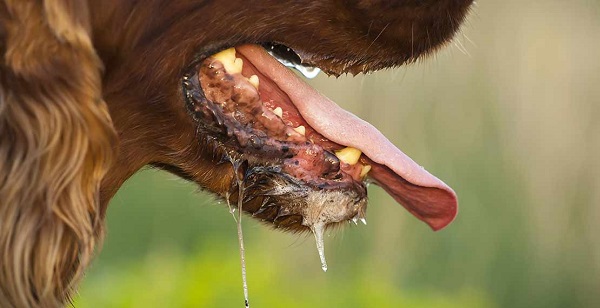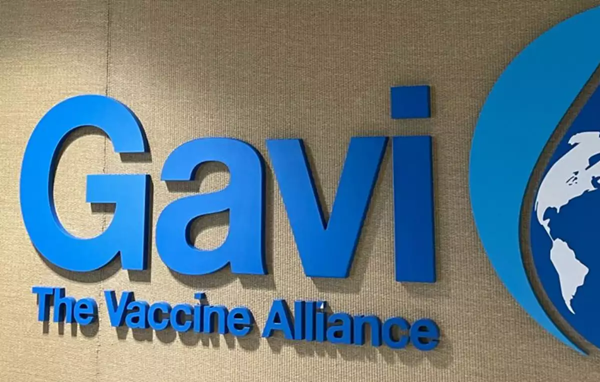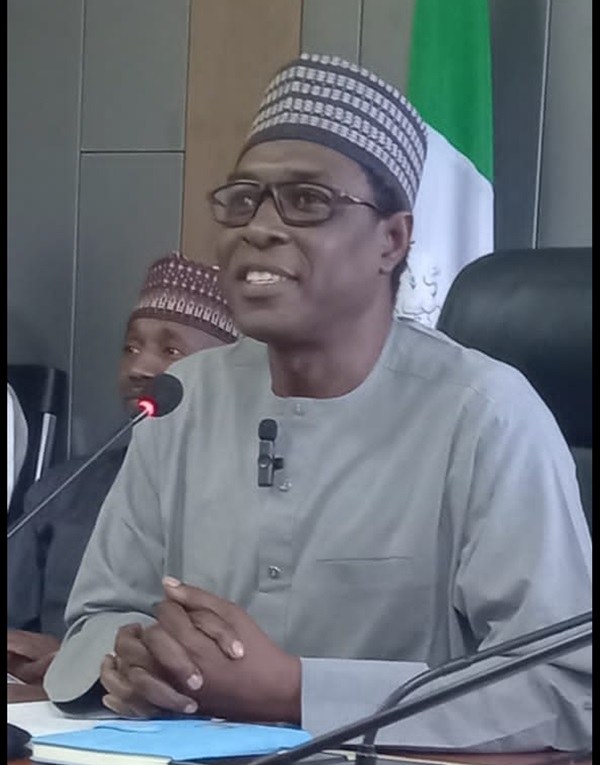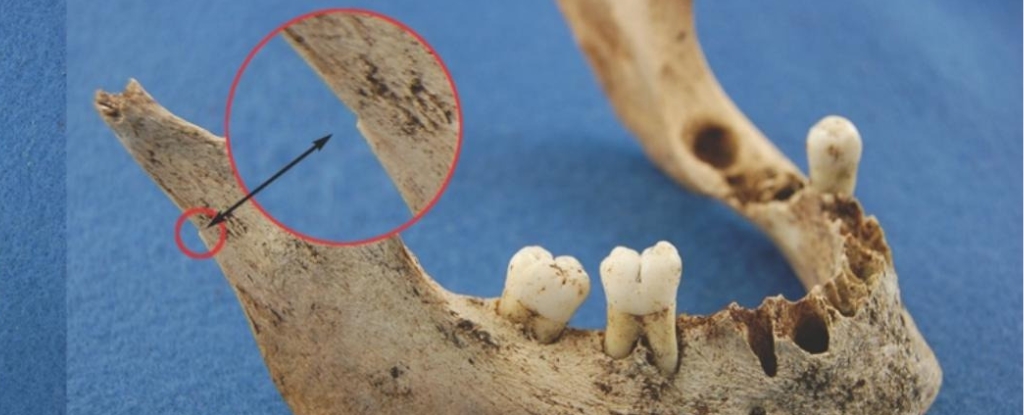Place your adverts here on InfoDig @ low rates; banner ads, sponsored links and guest articles etc. Contact us

Stakeholders have urged for intensified efforts to eradicate rabies in Nigeria, calling for stronger collaboration between the government, healthcare providers and communities.
This call to action was made in Abuja during the commemoration of World Rabies Day, with an emphasis on raising public awareness, mass vaccination of animals and establishing clear policies to curb the spread of the deadly disease.
World Rabies Day 2024, themed “Breaking Rabies Boundaries,” highlights the need for progress and moving beyond the status quo in tackling the disease. Experts at the event stressed that rabies control programs offer a model for implementing the One Health approach, which integrates human, animal and environmental health to address zoonotic diseases, including those with pandemic potential.
President of the Nigerian Veterinary Medical Association (NVMA), Dr. Chinna Joe-Irugbe emphasised the importance of public awareness, particularly in rural areas. “We know what rabies is all about, but many people still don’t,” she said. Joe-Irugbe called for innovative strategies and collaboration across sectors, stressing the importance of integrating human, animal, and environmental health efforts. “By breaking boundaries, we can overcome geographic, socio-economic, and educational barriers, ensuring widespread vaccination, awareness and access to medical care.”
She recounted the tragic story of a six-year-old girl who died from rabies due to a lack of information and awareness. “This young girl didn’t recognise the change in her dog’s behaviour and she continued playing with it, leading to her untimely death.”
Veterinary consultant and founder of the Kick Out Rabies Initiative, Dr. Iherenma Okoli described rabies as a significant public health challenge in Nigeria. “Rabies is one of the oldest and deadliest diseases, with approximately 10,000 cases reported annually,” she noted, attributing the high incidence to underreporting and insufficient diagnostic capabilities.
Another veterinary consultant, Prof. Okechukwu Enem highlighted that children between the ages of five and 15 are the most affected by rabies. “The incubation period is typically two to three months, but this can vary based on the virus entry point and viral load,” he explained.
Experts at the event underscored the critical role of vaccination for both humans and animals in the fight against rabies. They also stressed the need for stronger health systems and equitable access to One Health solutions. By engaging communities, collaborating across sectors and committing to sustained dog vaccination campaigns, Nigeria can work towards eradicating rabies and using it as a model for broader public health initiatives.
Globally, the World Health Organisation (WHO) reports approximately 5,000 rabies-related deaths annually.















 English (US) ·
English (US) ·